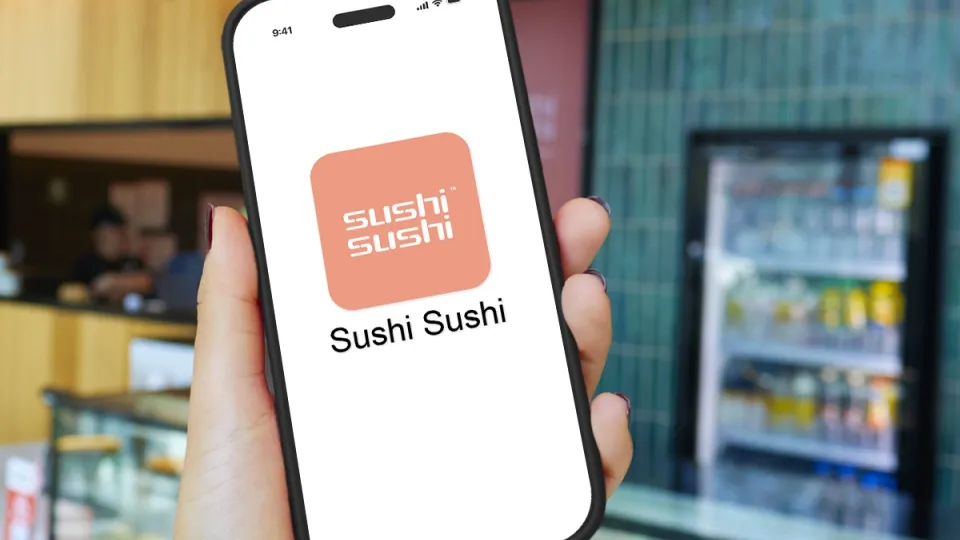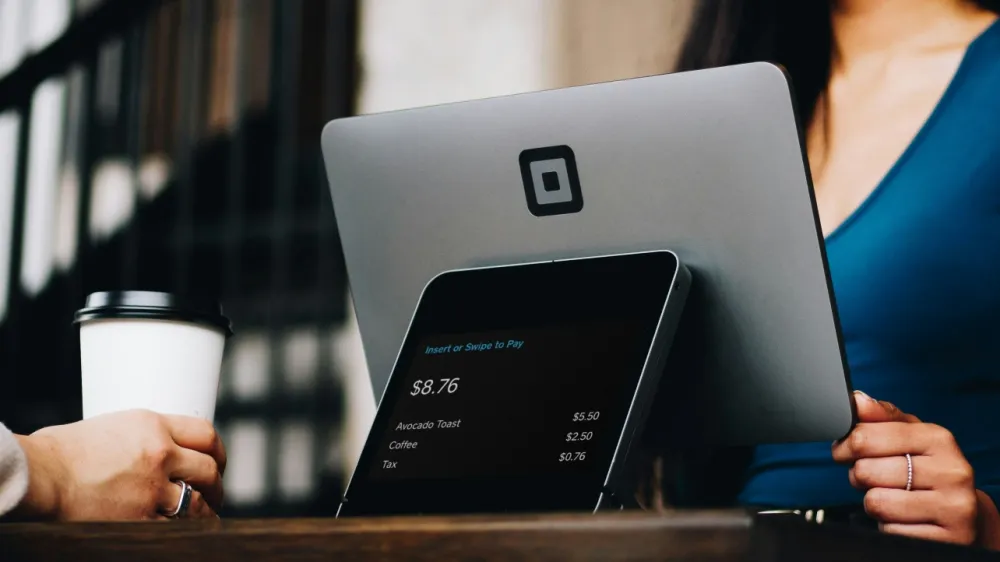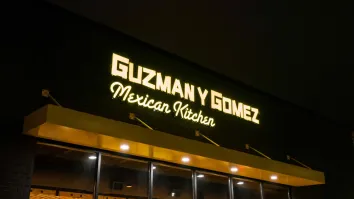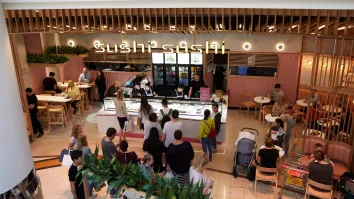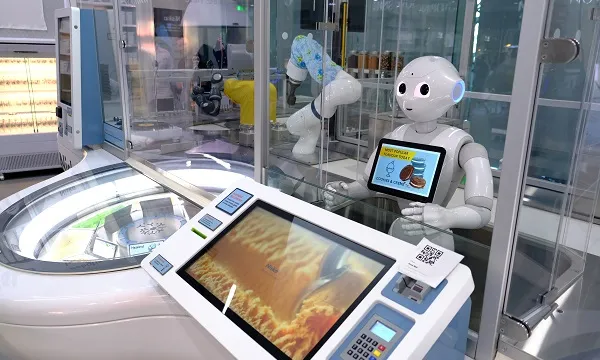
How this robotic ice cream store aims to bring QSRs into the future
Niska co-founder Kate Orlova talks to QSR Media about their approach in reinventing retail.
The advent of robotics has long been awaited in the QSR sector. Since Domino’s unveiled its autonomous pizza delivery robot in 2016, a slew of other innovative brands have set to work trying to incorporate the new technology into their customer experience, from frozen yoghurt to animatronic drive-thrus.
Robotics is already making its mark in China, where e-commerce giant Alibaba is rolling out a chain of diners manned by robot waiters. Yet a tipping point is yet to come in Australia, raising the question whether the country is ready for a future of automated foodservice.
Kate Orlova, co-founder and director at Niska Retail Robotics, believes that future is now.
“I think that industry is ready. I am a supporter of the idea that businesses which are able to combine innovation, unique experience and premium product will win the market,” she said in an exclusive interview with QSR Media.
Founded in 2016 by Orlova and Anton Morus, Niska is a venture that has developed the first fully integrated robotic ice-cream store in Australia.
Orlova said that the combined nine years of experience in the retail sector has given them the knowledge over industry dynamics. The challenges of small business operations, such as profitability and viability of retail, consumer experience and engagement, they believe are problems that can be solved by their innovative robotic solution.
Citing a McKinsey Global Institute report titled ‘Unlocking the potential of the Internet of Things’, Orlova said that the potential for linking the physical and digital worlds ‘could generate up to $11.1 trillion a year in economic value by 2025’.
“The same report predicts Retail IOT value between USD 0.4 to USD 1.2 trillion in 2025 through introduction of self-checkout, layout optimization and smart customer relationship management,” she said.
Niska seeks to capitalize on that opportunity. Customers who come into Niska’s store at the Federation Square in Melbourne will be greeted by a “cheeky” social robot named Pepper, who is ready to take orders via a touch screen display, play, or pose for photos with guests. Meanwhile, two other robots, Tony and Eka, will scoop and serve 16 different flavours of ice cream, sometimes while they put a vintage vinyl record on to play for music.
“Niska Ice Cream Robotic Retail solution is the ‘Reinvention of Retail’ through the incorporation of new technology, robotics and IOT. Standard retail is failing due to the unprecedented pressure from online channels, rent rates, high overheads and most importantly from lack of new types of experiences,” Orlova said.
The changing landscape of retail, she said, is further aggravated by physical and societal barriers such as the restriction of standard retail hours limiting the hours people have left to shop once they finish work.
“Restriction of the standard retail hours has big impact on physical retail, since shops are closed by the time people finish their work. In Australia traditionally, Thursday is the only shopping day with extended trading hours.”
Robots, not needing to rest or take breaks, can extend the traditional trading hours indefinitely, leaving people free reign over their time and give them the opportunity to work on more meaningful tasks. Additionally, robots can provide a new kind of retail experience yet unknown to many and revitalize retail.
“It is possible that the retail economy would benefit if modern technology would allow to have physical retail stores performing 24/7. People will continue working alongside automated retail solutions on the higher skilled positions, which will provide satisfaction and fulfilment from meaningful task accomplishments,” Orlova said.
“People can be driven to shop in physical stores by “theatre”, emotions and entertainment, because alternatively they can purchase anything these days online with the convenience to get the purchase delivered to their door.”
Greater risks as a front-of-store robotics solution provider
By providing that theatre and entertainment to the ice cream sector, she believes that Niska can capture a part of the projected annual global ice cream sales of up to USD 80 to USD 89 billion in the next five to seven years.
So far, Orlova admits that it would take much more encouragement for the entire QSR industry to catch on to its example, as brands are wary of the risks should robotics fail. She pointed out that Niska, as a front-of-store robotics solution provider, faces greater challenges than using automation at the back of the store.
“We are in public eyes at all times – we can not hide anything and if anything goes wrong everybody could see it. That is why not many companies are ready to take this risk and deploy robotics into their stores,” she said.
“During the first six days of trading, over 3000 people visited the Niska store and it was an enormous test for our system. The flow of orders was constant. I am happy to admit [that the ]system passed the test and it is working. It is such a pleasure to see customers excitement and smiles.”
“Niska is the brand name we fell in love with, because it was not filled with meaning. It felt like the blank page of our book is in front of us and this book awaits to be written,” she added.
